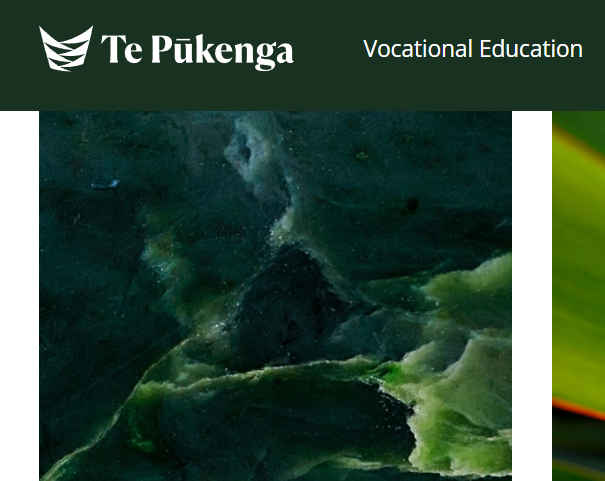The government plans to reshape New Zealand’s vocational education and training system to prioritise regional decision-making and increase industry involvement, Tertiary Education and Skills Minister Penny Simmonds announced today.
The new approach will disestablish Te Pūkenga and re-establish regional polytechnics as autonomous entities, either standalone or within federations, aiming for financial sustainability and stronger ties to local communities, learners, and industries.
Simmonds highlighted the role of vocational education in fostering economic growth, particularly in regional economies, and its importance for retaining young people and workers in these areas.
“A strong vocational education and training system is vital to New Zealand’s economic prosperity and improves opportunities and wellbeing for individuals, their families, and communities,” she said.
The Education and Training Act 2020 will be amended to support these changes, with key decisions on the structure and locations of polytechnics expected in early 2025. Industry input will also shape the future of work-based learning, with Workforce Development Councils transitioning responsibilities to new Industry Skills Boards. Targeted consultations will begin in early 2025 to finalise these plans.
The government aims to implement the redesigned system in 2026, with the first standalone polytechnics operational by January 1, 2026. Learners and employers are assured that current qualifications and training will remain unaffected during this transition, and efforts will focus on minimizing disruptions.
While acknowledging potential concerns among education sector staff, Simmonds pledged to keep stakeholders informed and supported throughout the process. “Although there may be changes to how ITPs are organised, learners can continue to have confidence in their courses and qualifications,” she stated.
The overhaul highlights the government’s commitment to ensuring vocational education meets national and regional needs while addressing longstanding financial challenges in the sector. Industry bodies and other stakeholders will receive detailed information on consultation processes in January 2025.
